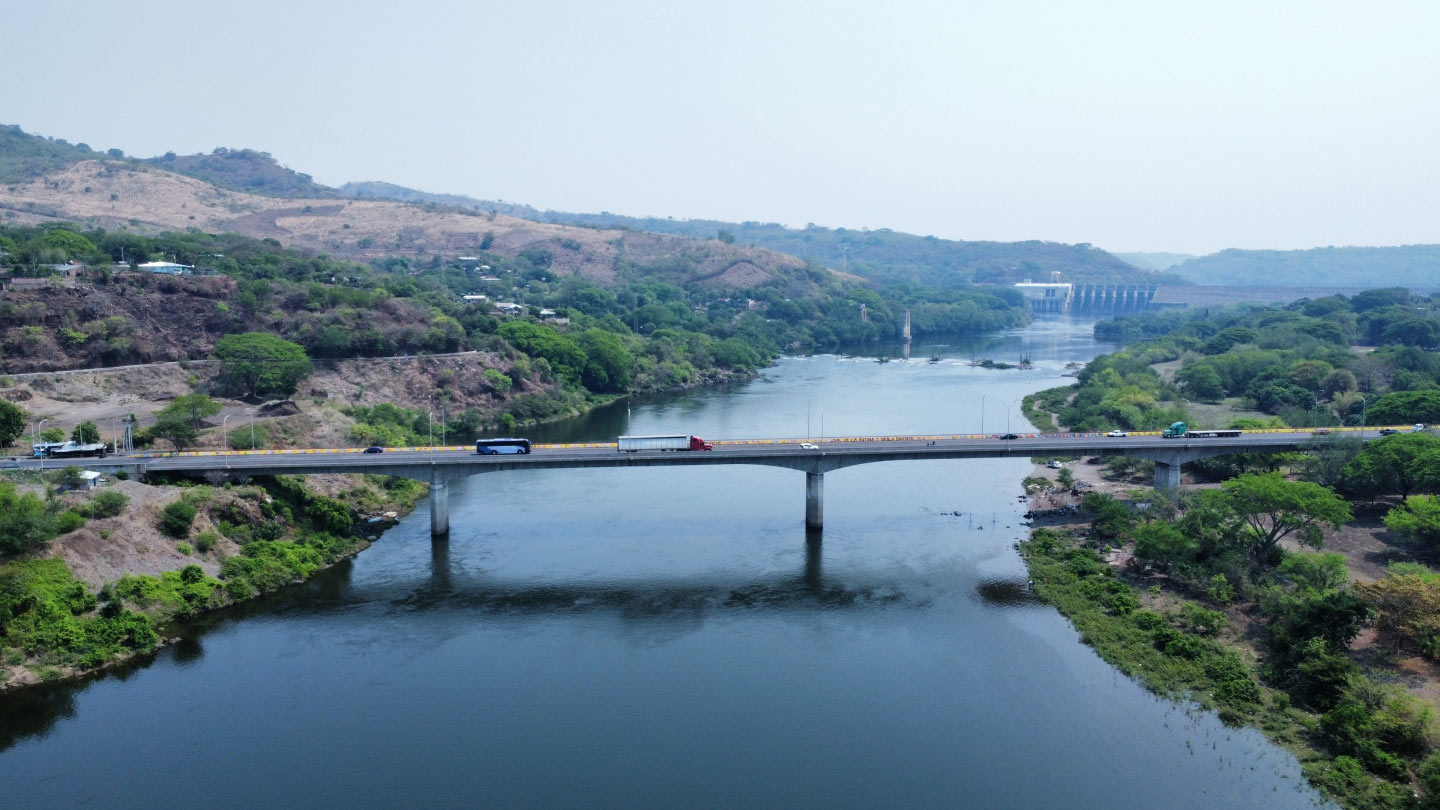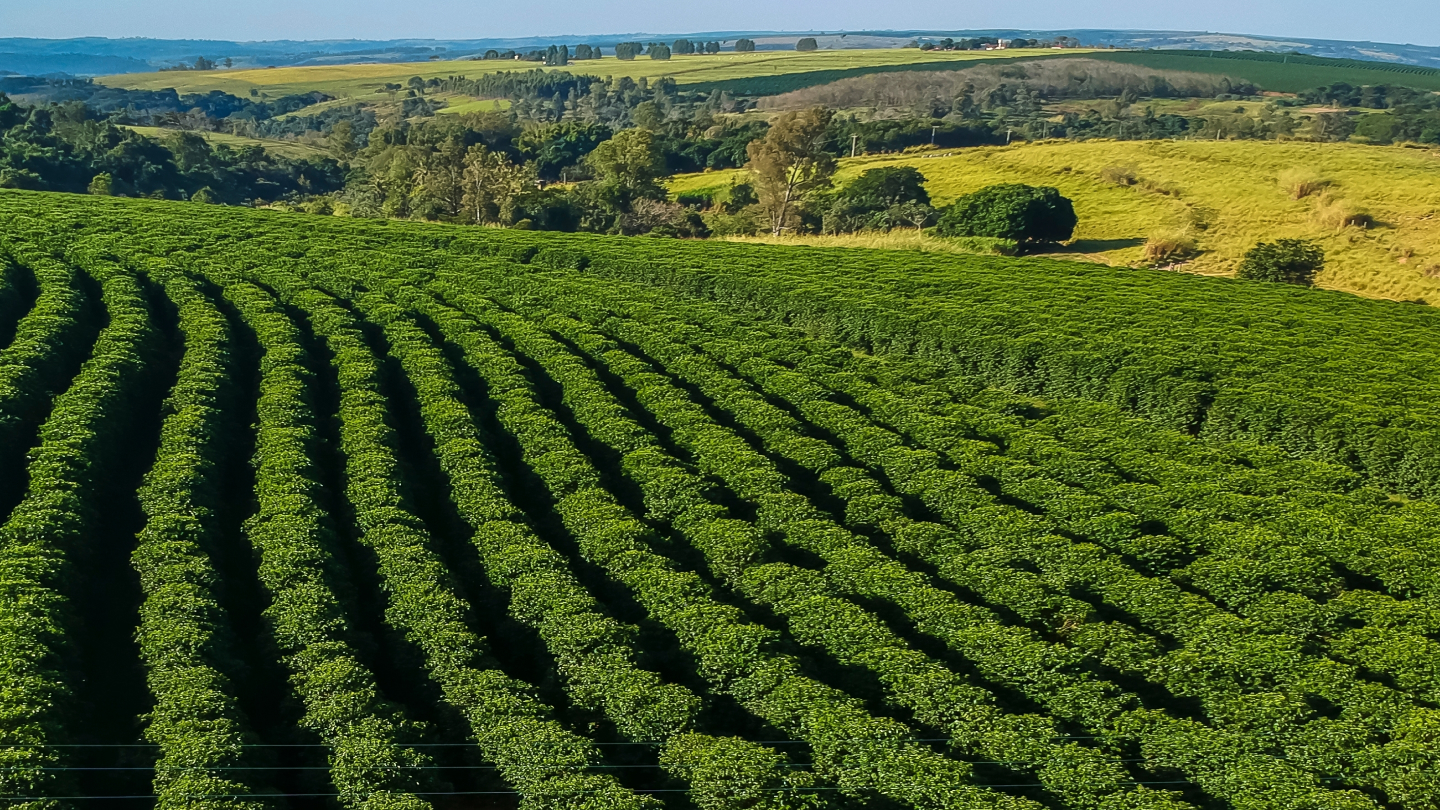
Despite its natural resources, human talent and large economy, Argentina has struggled on the global finance stage. Multiple defaults on its debt, a devalued currency, record levels of stagflation and other risks had convinced most foreign investors the juice was not worth the squeeze.
So why did J.P. Morgan recently agree to lead $2 billion in financing for a greenfield oil pipeline there?
The answer involves a complex, well-structured risk reduction effort that speaks to J.P. Morgan’s leadership in the region and industry — one demanding a lot of hard work and negotiation.
The effort was significant, but the stakes are high: with a potential $15 billion increase in exports, the pipeline stands to reopen Argentina to foreign lending and project financing, driving a new wave of industry and infrastructure for a country that has been on its own for more than a decade.
A boost for the local economy
When Argentina’s president, Javier Milei, was elected in 2023, he promised to slash public spending and regulation to revitalize the economy. Eighteen months on, these policies seem to have given the country a shot in the arm, increasing business confidence, reducing inflation and growing GDP. The country ended 2024 with its first budget surplus in 14 years.
That upturn has gone a long way in boosting the country’s reputation, according to Ramiro Hernandez Gazcon, part of the Global Corporate Banking team covering large-cap companies in Argentina. “Since Milei took office, it’s been a completely different macro trajectory from what Argentina had been showing for a long time,” he said.
Leveraging this renewed confidence, the state-owned oil company YPF approached J.P. Morgan in July 2024 with a grand plan: the 271-mile-long Vaca Muerta Oil Sur (VMOS) pipeline, which will connect the Vaca Muerta oil basin in the western half of the country to the Atlantic Ocean. As the orchestrator of this ambitious project, YPF always had the goal of building a fundamental piece of infrastructure to bring the industry together and unlock new opportunities for the Vaca Muerta basin. After it opens at the end of 2026, the VMOS pipeline will allow Argentina to move its crude oil more efficiently and aggressively target new markets.
Lisandro Miguens, head of Debt Capital Markets for Latin America at J.P. Morgan, said the firm was instrumental in expanding the plan to reach markets that had been completely closed to the country. “It took the vision of J.P. Morgan to understand that the strengths of the sponsors, the strategic nature of the project and the change in regime in Argentina were the necessary conditions to test the reopening of the market after so many years,” he said.
The VMOS pipeline is the largest project financing and commercial loan in Argentina’s history, and one of the top five largest oil projects in Latin America. Ignacio Caronia, part of the Infrastructure Finance and Advisory team at J.P. Morgan, said its impact would be large enough to transform the country’s export structure. “Argentina is known for its agriculture,” he said. “Right now, soybeans are its largest export, but when this pipeline opens up, it will outpace that, making oil and gas the country’s most important resource.
The estimated $15 billion in exports the country anticipates from VMOS stands to deliver significant changes to the country’s economy. Most critically, it will allow Argentina to restore the cash reserves in its central bank — a longstanding issue that has led to a currency crisis, left it vulnerable to volatility and prevented the state from making aggressive financial moves.
VMOS financing provides a template for other infrastructure projects in the pipeline. The country is rich in lithium and copper, two metals that are high in demand due to their role in electronics manufacturing. But the high overheads in mining — digging, transport and labor all require extensive infrastructure — has handicapped the industry.
The mining projects, and others being planned, require more capital than the country currently has access to, Miguens shared. “That is the challenge for Argentina and is where J.P. Morgan is adding value and leadership,” he said.
With those ambitious plans in mind, the VMOS pipeline was also conceived as a kind of bellwether to specifically test international appetites for Argentine risk. “We see this as the beginning of a new wave of investments in Argentina,” said Maria Ganin, head of Corporate Banking for Argentina, Uruguay, Paraguay & Bolivia at J.P. Morgan.
“It took the vision of J.P. Morgan to understand that the strengths of the sponsors, the strategic nature of the project and the change in regime in Argentina were the necessary conditions to test the reopening of the market after so many years.”

Lisandro Miguens
Head of Debt Capital Markets for Latin America, J.P. Morgan
International participation in Argentina’s future
Despite Argentina’s reputation in international finance, J.P. Morgan recognizes its strategic importance. Buenos Aires hosts the largest JPMorganChase office in Latin America, with more than 3,500 employees.
At the same time, there is a big difference between maintaining a presence and leading a $2 billion investment. Hernandez Gazcon said that the political environment and structure of the deal were crucial aspects to win the firm’s confidence. But just as important was the pedigree of the deal’s sponsors.
YPF had worked hard to win over industry peers to participate as sponsors, a process that was not always easy — the last organization to join did so just two weeks before the deal closed. But by the time the ink was dry, the eight companies that signed on represented 85% of Argentina’s oil production and included major players like Shell and Chevron.
The level of participation from key oil and gas participants in Argentina underscores the strategic merits of the project. Collaboration among the eight sponsors, and the quality of the companies involved, were key attributes to make the project bankable and attract a robust demand from international lenders.
The final piece that made the deal was its structure. There were many different kinds of risks that had to be considered to attract lenders — concerns that construction would halt, the labor market would change or that the government would be voted out, for example — which took a significant amount of negotiating and iteration to settle, leading to a structure Caronia described as unique.
“It’s innovative because it’s not how project finances or traditional lending are typically structured, or how we normally do lending with these companies,” he said. “It’s a hybrid that gets some aspects of one and other aspects of the other, but is still a robust win-win for lenders and sponsors.”
The attractiveness of the structure was tested during the syndication process, according to Rodrigo Gracia, head of Syndication for Latin America at J.P. Morgan. “Not even the most bullish advocate for the Argentine recovery would have thought a $1.7bn financing was possible when we started conversations with the sponsors a year ago,” he said. “We passed the syndication test with an A+.”
With J.P. Morgan acting as a trusted advisor, the financing attracted the participation of 14 blue-chip international banks, institutional investors and book runners, increasing the deal from an initial $1.7 billion to $2.0 billion. These lenders joined from across the globe — a promising sign of further international participation in Argentina’s future. J.P. Morgan’s reputation was critical to bringing other institutions into the fold, particularly the knowledge of the rigorous internal controls the firm used to test the strength of the deal.
With many more infrastructure projects in the country aiming to revitalize the oil and gas industry, the real benefits of the deal are still in the future, Caronia noted. “At the end of the day, this was about reopening Argentina to the international lending and project finance market,” he said.
Related insights
-

-

Banking
Financing a more sustainable future for El Salvador’s Lempa River
November 19, 2024
J.P Morgan played an integral role in the world’s largest debt-for-nature transaction aimed at supporting river conservation.
-

Banking
Landmark deal for Brazil’s farmers in climate fight
September 26, 2024
J.P. Morgan recently arranged an $800 million loan for Banco do Brasil to fund more sustainable farming practices.